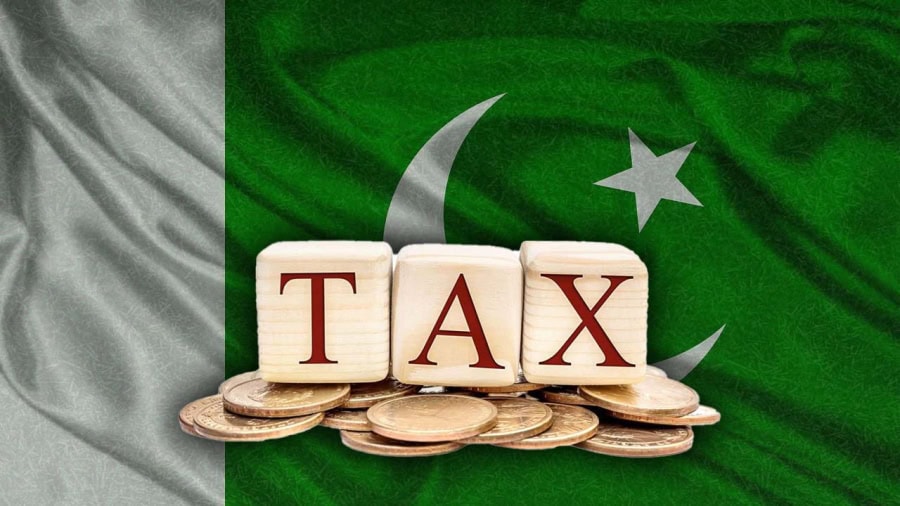ISLAMABAD – The government failed to meet any tax collection targets from the cigarette industry over the past seven years, according to a recent study conducted by the Sustainable Development Policy Institute (SDPI).
According to the SDPI study, the FBR missed the targets since 2017 after the introduction of the third tier.
The decision to introduce the third tier was taken by the then government under the influence of multinational cigarette companies.
The country lost Rs 567 billion potential revenue in last seven years due to loopholes in policies.
Talking to media, country head Compgain for Tobacco Free Kids (CTFK) Malik Imran said PML-N last government introduced third tier due to the pressure of two big cigarette companies including Philip Morris and British American Tobacco.
He demanded the government to initiate inquiry on the basis of the report and take immediate action against these companies.
Researchers and analysts have demanded urgent attention and comprehensive reforms to navigate through these challenges and counter the influence of these powerful cigarette industry giants.
The SDPI study has also shed light on the dynamics of the cigarette industry and its strong influence.
The study also highlighted how high and middle-income countries successfully imposed high taxes on cigarette products to decrease consumption and increase government revenues, but Pakistan lacks a clear strategy on using cigarette taxation and prices as a public health tool.
According to details, multinational cigarette companies pushed authorities to introduce a three-tier excise duty structure in 2017, while shifting the focus on revenue collection and ignoring adverse effects on public health.
However, it was later proved that the target of collecting more revenue through introduction of the third tier was also missed and was grossly misleading.
It was the time cigarette prices in Pakistan were lowest in the world which fueled the consumption and ultimately put burden on the country’s fragile healthcare system.
The World Health Organization (WHO) emphasizes the need to safeguard tobacco tax policies from vested interests of cigarette companies for effective development, implementation, and enforcement of public health initiatives. However, it did not happen in Pakistan, the study added.










